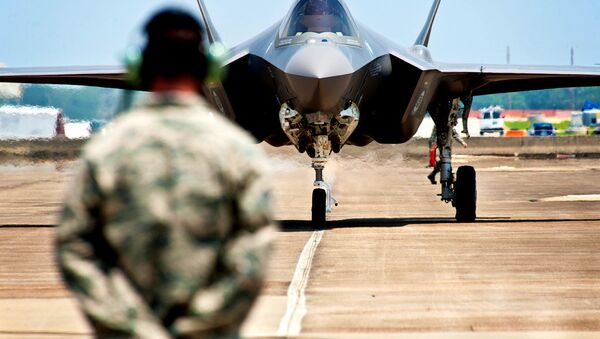Speaking to Sputnik, journalist Abdullah Bozkurt commented on the implications of the latest blows to US-Turkey relations.
Sputnik: What is the rationale behind the US move to review trade preferences in relation to Turkey?
Abdullah Bozkurt: I think it's more like a political message to the Turkish leadership. It's more symbolic [than anything] because the GSP has been in discussion for over a decade now. Turkish and American officials have come together many times to discuss the GST and whether Turkey shall be graduating from the program, because the program itself is designed for less-developed countries or the developing nations to give them better access to the US market. Turkey on the other hand has been doing well economically in the last couple of decades, is a member of the G20, and doesn't actually need the program. But the timing of the review for this is of course a purely political message to the Turkish leadership.
Abdullah Bozkurt: No, I don't agree with that, because if you look at the Turkish defence and military industrial-complex, it's very much dependent on the US market. Yes, Turkey has been manufacturing some defence articles, like helicopters and UAVs, but most of the crucial parts of these products are actually coming from the United States and from the European NATO members.
Without the US, it will be very difficult for Turkey to replace all these strategic defence and military articles in its arsenal. Most of the Air Force is based on the F-16. Now we are discussing whether Turkey will be able to get the F-35 as well.
So I don't agree with that remark at all. Militarily, at the defence level, [Turkey] is pretty much anchored on the Transatlantic Alliance, and Turkey needs that strategic relationship.
Sputnik: The Pentagon intends to submit a plan to Congress to ban Turkey from acquiring the F-35 in a bid to punish Ankara for purchasing Russia's S-400 air defence systems. How likely are all these tensions combined to drive a deeper wedge into relations between Washington and Ankara?
Abdullah Bozkurt: The Senate has approved the National Defense Authorization Act for 2019, and if you read the bill, you'll see that it [stops] the executive branch, i.e. the Trump administration from handing over the F-35s, which Turkey has paid for in the research and the manufacturing phases before totalling almost $1 billion so far.
Perhaps much more important to that [is the fact that] Turkish industries have been manufacturing some of the parts for the F-35 program, and the bill specifically asks the US government to decouple that part of the program; some of the Turkish companies will be kicked out of the program, and other companies from the US or other NATO partners will be coming in to replace them.
Abdullah Bozkurt: It's very hard for Turkey to replace the European Union for example with other markets. Most of the trade that Turkey has been doing has been with the European countries. Most of the direct financial investment is actually coming from the EU. We're talking about maybe 50 per cent of trade going to one bloc. So it's not easy to replace this with other markets, [whether it be] BRICS, Asia or other parts of the world. Turkey is pretty much anchored in the European investment in that sense, both in the trade and business relations, as well as financial and investment ties.
Abdullah Bozkurt is a self-described 'journalist in exile', and author of the book 'Turkey Interrupted: Derailing Democracy.' The views expressed by Dr Buzkurt are his own and do not necessarily reflect those of Sputnik.




